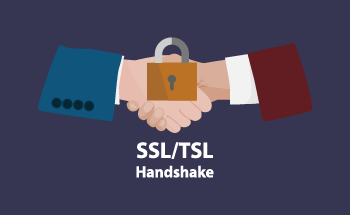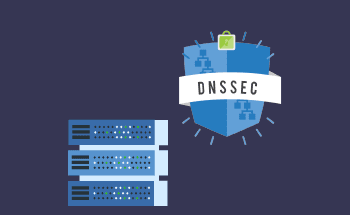What is hosting overselling
13:09, 14.12.2021
Overselling is a service of reselling previously sold server processing power. The essence of the fact is that many customers of hosting providers do not use fully leased capacity, and they stay idle. In this case, some providers take and resell idle resources to other contractors. In practice, this approach allows:
- Reduce electricity consumption and reduce the associated costs;
- Put idle capacity to work;
- Reduce the final cost of rental services.
Although overselling in some sense benefits both parties, it is still considered unfair behavior towards customers. For example, a person rents a VPS with 12 GB of RAM, but at first, his projects use only 8-10 GB, and the remaining resources stand idle. An unscrupulous hoster resells these unused reserves to other customers, and at first, no one will have any problems, because everyone has enough. But as soon as the first tenant's project requires more RAM, everyone will have performance problems, because there is not enough hardware for everyone.
What server resources might be oversold
The options for overselling largely depend on what type of virtualization the hoster uses to share server resources among clients. In other words, it all depends on the VPS virtualization technology. For example, OpenVZ allows you to resell:
- RAM. This is done by manipulating the values of VIRT, RES, and SHM. If these parameters are set correctly, the tenants may not even notice that the hoster is using unfair methods for the sake of profit.
- Processor capacity. With OpenVZ, it is possible to limit CPU usage by setting parameters cpuunits, cpulimit and cpus. That is, the hoster sets each client's minimum and maximum CPU time thresholds, as well as the number of cores provided.
Virtual hosting based on software solution OpenVZ - the cheapest option of all, and one of the reasons for this is precisely the possibility of such a rough overselling.
With the FreeBSD Jail mechanism the overselling possibilities are even greater, in which case RAM, CPU resources, and disk space can be resold. However, in this case, the hoster has to regularly monitor how much free space is left on the server so that in case of a sudden increase in load clients are not left without the legally purchased capacity.
KVM virtualization technology is poorly suited for overselling, but in theory, even it allows reselling RAM and CPU. And to resell RAM, so-called swapping is often used - this method involves using a swap file on the hard disk to optimize the whole process.
What the customer gets
The main price-creating factor when renting a VPS is RAM, so it is oversold most often. RAM overselling allows the hoster to use idle RAM, and from this comes the first and key advantage for customers - lower monthly lease costs.
The logic here is simple - if you don't use overselling, about 40-50% of capacity will be idle. Due to overselling server resources are fully realized, which in practice allows the hoster to significantly reduce the monthly fee. But at the same time, fault tolerance and stability of the servers decreases, because the VPS leased by you can be unstable in a critical moment. Thus, the client gets:
- reduced cost of the monthly fee;
- reduced stability of the projects placed on that server;
- the possibility of losing access to the rented hardware at the most inopportune moment.
Of course, none of these scammers will warn you in advance that he is engaged in overselling, for obvious reasons. If you see a hosting provider offering VPS rentals at a price that's substantially lower than the average market price - there's a high probability that this is the man in front of you. Be very careful when choosing a hoster and do not be tempted by too low prices - you risk being in an extremely disadvantageous position.
What the hoster will get
For a hosting provider, overselling VPS is an opportunity to increase operating income by several times without any significant investment. With proper setup, profitability can increase by 200-300%, which allows such entrepreneurs to be significantly underpriced, standing out from the competition.
People who are not versed in overselling as matter of fact are highly likely to choose the company that offers lower rates for VPS rent compared to competitors. As a result, the hosting provider is on the plus side in every way:
- Due to the lower rental cost, the chance of selling the service increases;
- The profit from the final sale increases in any case.
And the fact that the customer will receive an unstable server with low fault tolerance is of little concern.
How to choose the right hosting provider
First and most importantly - avoid companies that offer to rent a server at a low price compared to the average market. Secondly - beware of hosts that use software virtualization with OpenVZ/Virtuozzo and VDSmanager, because these solutions are often used for overclocking.
To be sure that your hardware will belong only to you, look for hosting providers with hardware virtualization - either KVM or XEN VPS. These software solutions are badly suited for overselling due to some "inherent" features and are therefore almost never used.
HostZealot invites all who are interested in fair and open cooperation. We only use the KVM (Kernel-based Virtual Machine) software solution and thus guarantee complete privacy of your server capacities. If you have any questions, contact a specialist. We will be happy to give you more details about all the nuances.


